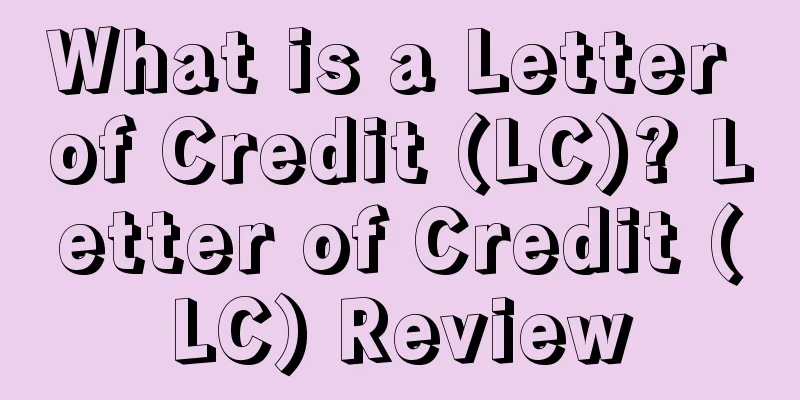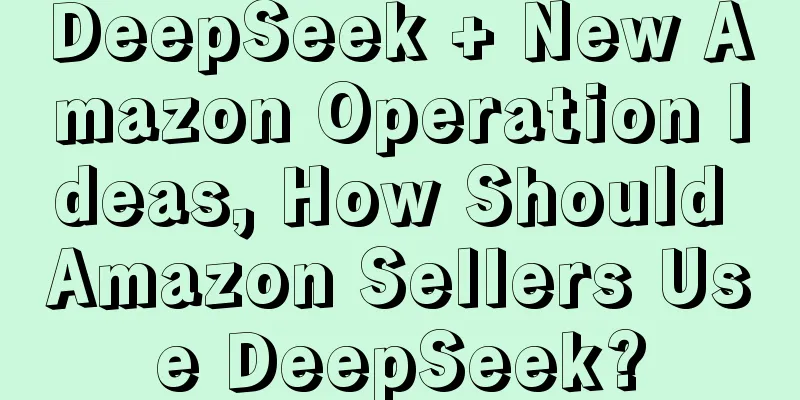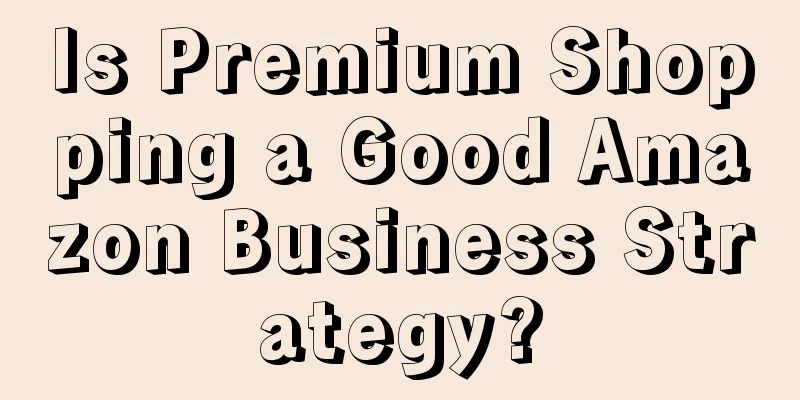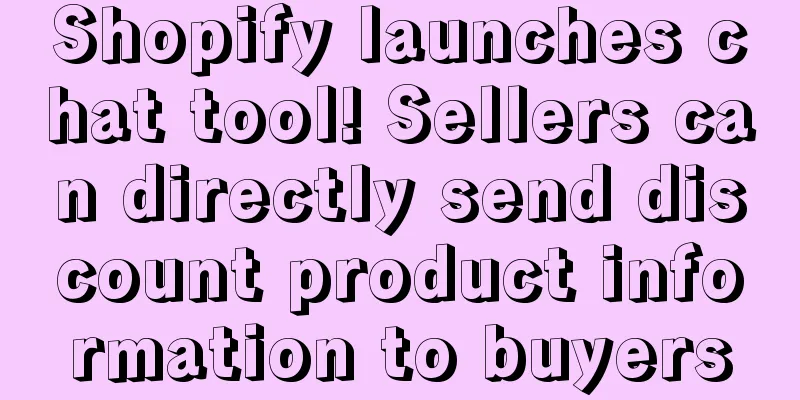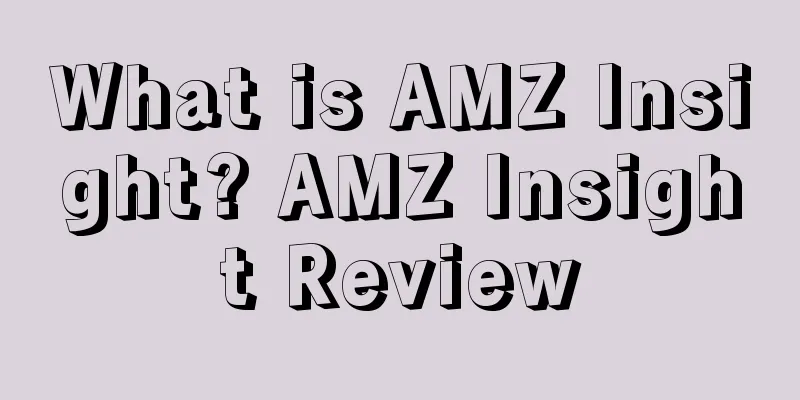Domestic freight to the UK for sale? Cross-border sellers should pay attention to the new VAT regulations starting in 2021!
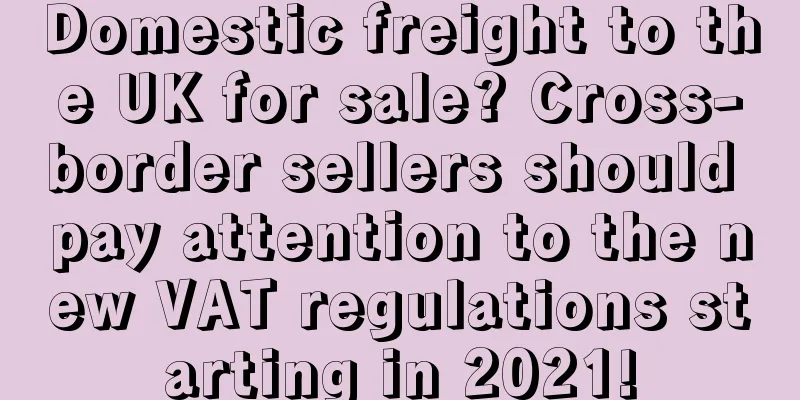
|
1. Cancel VAT exemption for "low value" goods below "15 pounds" In the previous policy, goods with a value of 15 pounds or less were generally exempt from import VAT. However, goods with a value of more than 15 pounds were subject to import VAT, and goods with a value of more than 135 pounds were subject to customs duties. However, after the implementation of the new VAT policy on January 1, 2021 , all "low-value" goods will be subject to VAT, and there will no longer be a low-value VAT tax-free amount for goods worth 15 pounds or less. At the same time, for single consignments of goods worth no more than 135 pounds entering the UK from overseas , the collection of VAT will be transferred from the current import link to the sales link. The British government will no longer collect import VAT when entering customs, but will instead collect output tax at the "sales link" . For goods over £135, the existing policy will continue to apply. 2. For goods not sold through OMP, overseas sellers must register with the UK tax authorities and pay VAT If goods are sent from overseas and sold directly to UK consumers without the involvement of OMP (Online marketplaces, such as Amazon), the overseas sellers themselves will be required to register and register with the UK tax authorities and pay VAT. 3. OMP collects and pays VAT on behalf of others On the contrary, if the e-commerce receipt is not involved in the sales process, the seller himself will be responsible for collecting and paying VAT. How was the price of 135 pounds determined? Before the implementation of the new VAT policy, foreign goods entering the UK were generally subject to import VAT and tariffs. For the import VAT of regular goods (non-alcohol/cigarettes/perfumes/gifts, etc.), if the value of the goods exceeds 15 pounds, you will have to pay import VAT. If the value of the goods exceeds 135 pounds, you will have to pay customs duties. After the implementation of the new VAT policy, for single consignments of less than 135 pounds, VAT will be levied at the sales stage, and there will no longer be a low-value VAT exemption of 15 pounds. At the same time, the new VAT regulation of 135 pounds was determined with reference to the tariff threshold value. If you sell goods on e-commerce platforms such as Amazon, the platform will pay the tax, so the seller does not need to declare VAT himself? This is for sellers whose single consignment does not exceed 135 pounds . If British overseas sellers sell their goods through the UK Amazon platform , then in the B2C case, the Amazon platform will be obliged to declare VAT for these goods. If a UK overseas seller sells on his own instead of through the Amazon platform, then the seller needs to register for UK VAT and then declare VAT to the UK tax authorities himself . What is a "single consignment"? A single consignment refers to the total value of a single shipment of goods shipped to the UK by an overseas seller in the UK during the import and export sales process. In fact, this regulation is aimed at those "small packages". For overseas sellers whose single consignment value exceeds 135 pounds , the declaration obligation has not changed fundamentally from before, and they still need to pay import VAT instead of output tax. If it is B2B, how to declare it? If it is B2B, the British merchants can provide their valid VAT number to the British overseas sellers or the British Amazon platform , so that the obligation to declare VAT is transferred to the British merchants ; the British merchants will declare in the form of reverse VAT tax . British overseas sellers or sales platforms do not need to make declarations. What is Reverse VAT? Reverse VAT is a simplified procedure where the buyer is responsible for declaring VAT, thus avoiding the trouble of international sellers registering VAT in the buyer's country. It can also be called tax transfer . However, reverse VAT only applies to trade in services and B2B , not to trade in goods and B2C. Kind tips The "135-pound limit" in the above new policy mainly applies to some small packages . For local British companies that are currently registered for VAT and import goods from outside the UK, the new VAT policy is actually beneficial to the company's cash flow; because they no longer need to pay import VAT when entering the customs. (Source: Seller Growth Academy) |
>>: Another cross-border e-commerce platform closed down, more than 100 employees lost their jobs
Recommend
Breaking news! Amazon is about to launch a free video production function
text This function is Video builder video product...
What is Nobull? Nobull Review
Nobull was founded in 2015. It is a niche brand in...
In addition to products, buyers often search for this information
Years of user experience testing have shown that u...
Good news! Amazon waives long-term storage fees for FBA in 7 more countries!
Amazon has been making trouble recently! First, th...
Teach you step by step how to regain editing rights after being copied across sites and your brand has been modified on Amazon
Recently, I have encountered many sellers reporti...
Amazon's biggest layoffs in history! Why did its stock price rise instead of falling?
Just a few days into the year of 2024, Amazon CEO ...
What is JP Accounting Firm? JP Accounting Firm Review
Shenzhen Jane's Business Consulting Co., Ltd. ...
What is Chengshi International Supply Chain Co., Ltd.? Chengshi International Supply Chain Co., Ltd. Review
Chengcheng International Supply Chain Co., Ltd. is...
What is JobGet? JobGet Review
Founded in 2019, Job Get is a mobile work platform...
Nearly 350,000 kitchen scales are urgently recalled! Available on Amazon, Walmart and other platforms
It is learned that the U.S. Consumer Product Safet...
Accelerating global expansion! Meikeduo opens its first distribution center in the United States
It is learned that on May 8, according to foreign ...
What is the United States Department of Agriculture (USDA)? United States Department of Agriculture (USDA) Review
The United States Department of Agriculture (USDA)...
What is Ticket Monster (TMon)? Ticket Monster (TMon) Review
Ticket Monster (TMon for short) is the largest gro...
Orders exploded! Many countries around the world have set off a buying spree! Europe collectively boycotts Amazon
During the busiest Black Friday and Cyber Monday...
Cross-border fraud is rampant! Many Amazon sellers have encountered review scams!
▶ Video account attention cross-border navigation ...

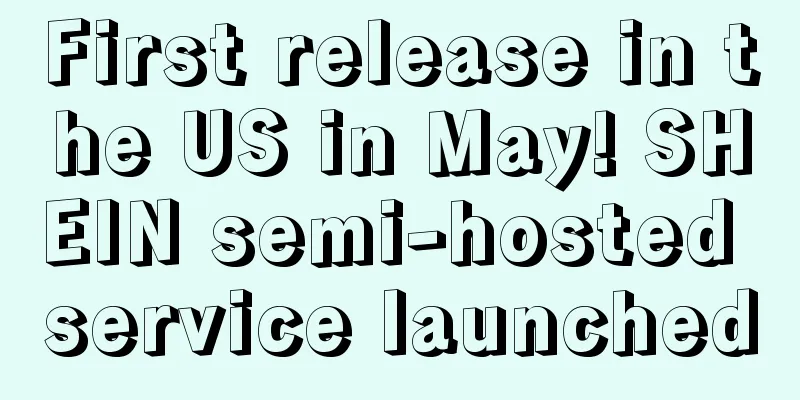

![[DNY123 Cross-border Morning News] ShopeePay announces support for cash on delivery order payments, Malaysia restarts nationwide movement control order](/upload/images/67e6e9ed10395.webp)
